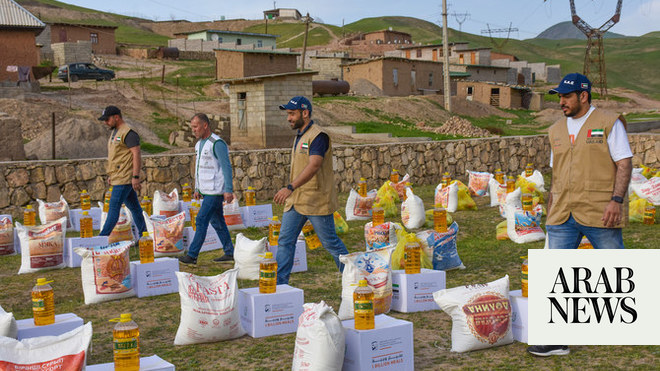
JEDDAH: The Eastern Province municipal council has agreed to impose a new regulation on hotels, private enclosures of more than 400 meters and wedding halls in an effort to reduce food waste.
The regulation, which has been passed by the municipality, will oblige these businesses to sign agreements with food protection societies.
A spokesman for the council, Mohammad Al-Otaibi, said that the aim is to reduce waste at these venues by giving it to food safety societies to distribute to those in need.
The new regulation when implemented is expected to prevent any business from gaining renewal of their licenses unless they provide a contract with a food protection society. Faisal Al-Shawshan, the secretary general and CEO of Saudi Food Bank (Eta’am), said that it operated in five locations in Dammam, Jubail, Al-Ahsa, Jeddah and Riyadh.
To date it had collaborated with 26 hotels, 42 restaurants, 466 wedding halls and 13 companies. In 2019 the society saved more than 1,975,000 meals and served 20,000 individuals in need. The society, which began operating in 2012 in the Eastern Province, has expanded its operations into other regions.
Eta’am aims to increase social awareness about saving food. It also works on collecting leftovers, packing them and distributing these to those in need.
The Saudi Grain Organization, under the supervision of the Ministry of Environment, Water and Agriculture, issued its first report in 2019 with findings about food waste in Saudi Arabia and its social and economic causes.
The report said that 33 percent of food is wasted annually in the Kingdom, estimating that each individual wastes 184 kilograms a year. The study was conducted at different cities in eight regions and found that the value of food waste is SR40,480,000 ($10,800,000) annually.
A new national program for the reduction of food waste has been announced in Saudi Arabia in the hope of bringing down food waste by 50 percent by 2030.











